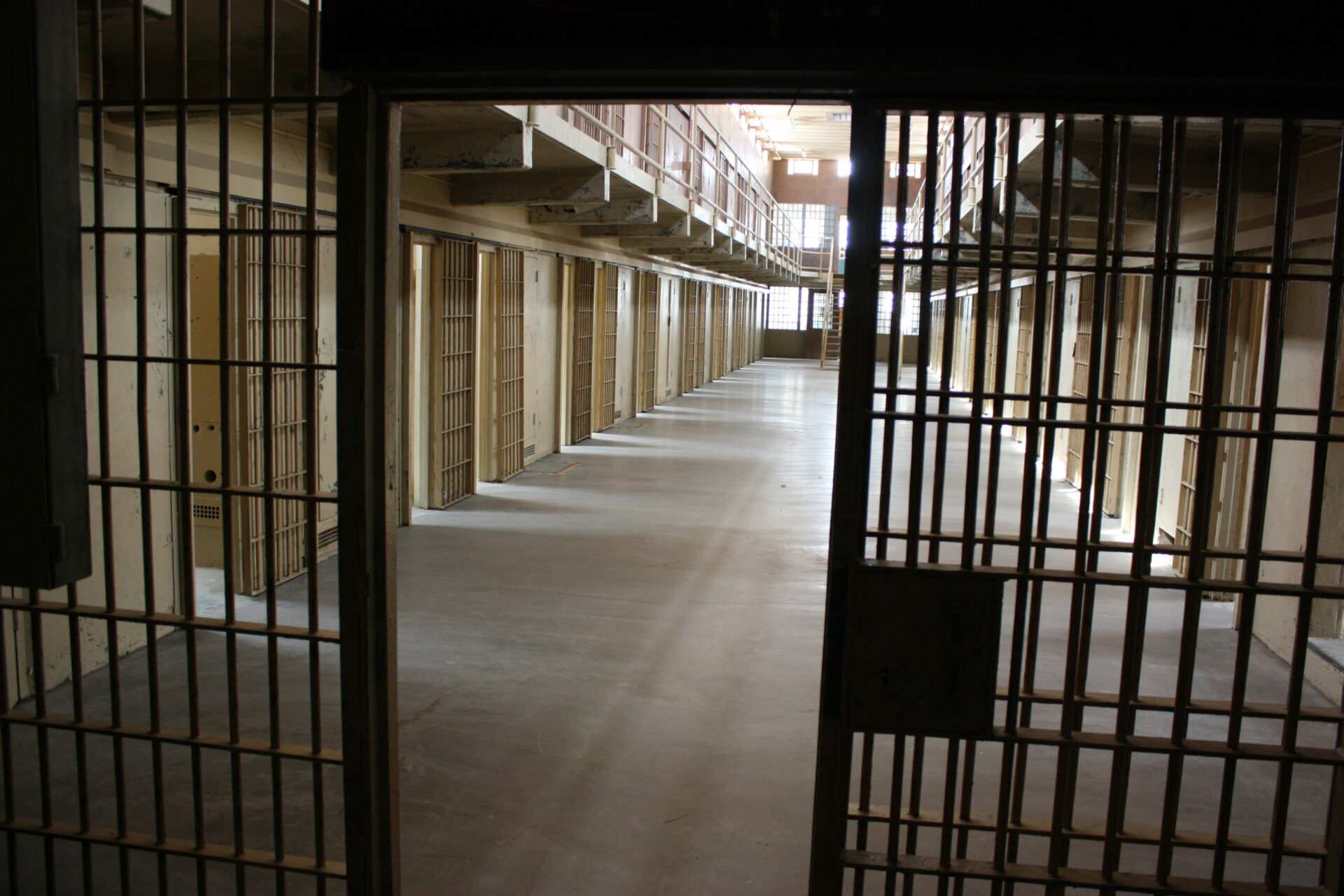
This article was originally published by Radio Free Asia and is reprinted with permission.
When Phan Kim Khanh, a former member of President Barack Obama’s Young Southeast Asia Leaders Initiative, was serving a six-year sentence in Vietnam, he didn’t fathom that guards would force him to work six hours a day without compensation.
Authorities in the communist one-party state arrested Khanh, now 30, in 2017 for running two independent online magazines in Vietnam.
After the press freedom and anti-corruption campaigner was released on March 21, he told Radio Free Asia that prison guards told him and other inmates that they had to work without pay, threatening punishment if they refused.
“The prison guards forced us to work for more than six hours a day from 7 a.m. to 10:30 a.m. and from 1 p.m. to 4:30 p.m.,” he said. “Our work was usually weaving rattan or bamboo products, but without any protective gear.”
The handmade products appeared to be headed for export to European Union countries, though the guards never mentioned payments for the prisoners, Khanh said.
Vietnamese law stipulates that inmates should receive some compensation for labor they perform in jail.
The guards punished inmates who refused to work or worked passively by not letting them see their relatives or receive items from their families. They also didn’t consider them for review for reduced sentences, Khanh said.
Even when political prisoners agreed to work without compensation, but still refused to admit guilt for the crimes they were charged with, authorities did not consider reducing their sentences, he said.
A court in Thai Nguyen province, north of Hanoi, sentenced Khanh to six years in prison and four years of probation for violating Article 88 of Vietnam’s Penal Code, which prohibits conducting propaganda against the state. The crime is considered a national security offense and carries a sentence of up to 20 years in jail.
Vietnamese authorities have used the article widely to punish human rights defenders, independent journalists and writers – and others who have peacefully exercised their human rights – by making it a crime for them to express an opinion or to question government policy, according to human rights advocates.
In February, the United Nations’ Working Group on Arbitrary Detention said Khanh’s arrest was arbitrary and that Vietnam violated many basic rights under the Universal Declaration of Human Rights and the International Covenant on Civil and Political Rights, two treaties to which the country is a signatory.
Young leaders initiative
Authorities arrested Khanh months before he was to graduate from Thai Nguyen University, where he was chairman of the students’ association of the international relations department.
Khanh also was a popular master of ceremonies for events at the university and a member of Young Southeast Asia Leaders Initiative.
Obama launched the program in 2013 for emerging leaders in Southeast Asia to strengthen partnerships with them, build their skills as effective civic, economic and nongovernmental leaders in the region, and encourage them to collaborate with others to solve regional and global challenges.
The program’s more than 100,000 members participated in educational and professional exchanges in the United States and attended skills-building workshops in Southeast Asia.
Around the same time, Khanh established and operated the independent newspapers Tham Nhung, or Corruption, and Tuan Viet Nam, or Vietnam Weekly, both of which dealt with political issues in the country, including rampant corruption by its leaders.
Khanh, who served his sentence at Ba Sao Prison in Ha Nam province, south of Hanoi, said inmates there suffered from breathing the polluted air from nearby garbage incineration, though guards ignored their complaints.
The inmates also received only basic health checks at the prison clinic and that those with serious diseases who required specific treatment sometimes would not be approved for treatment at outside hospitals.
The guards would allow Khanh, who is Roman Catholic, to read the Bible his family sent him only once a week in the prison library.
“Just that,” he told RFA. “Other rights such as priests’ visits or get-togethers by some of the faithful were not allowed.”
Khanh also said prisoner-of-conscience Le Thanh Tung, who is serving time in the same prison for calling for democracy in Vietnam, has come down with a stomach ailment after going on a hunger strike on March 19, though the authorities will not allow him to be treated at a hospital.
Tung, a former soldier and freelance journalist also known as Le Ai Quoc, previously had been convicted under Article 88 for his association with a banned coalition of political groups advocating democratic reform in the communist state.
Authorities released Tung in June 2015, but arrested him again that December. A year later, he was sentenced to a 12-year term for “activities aimed at overthrowing the people’s administration” under Article 79 of the Penal Code.
In a related development on Monday, Human Rights Watch called on Vietnam to drop all charges against land rights activist Truong Van Dung, 65, who will stand trial Tuesday in Hanoi, for criticizing the government.
Police arrested Truong in May 2022 on charges of “conducting propaganda against the state” under Article 88. If convicted, he faces up to 20 years in prison.
“Truong Van Dung is the latest in a long line of human rights defenders silenced by the Vietnamese government for protesting against human rights violations and advocating for reforms,” Phil Robertson, the organization’s deputy Asia director, said in a statement.
“Democratic governments forging closer ties with Vietnam need to speak out publicly and forcefully in his support and call on Vietnam to release all political prisoners and take genuine steps toward reform.”
0 comments :
Post a Comment